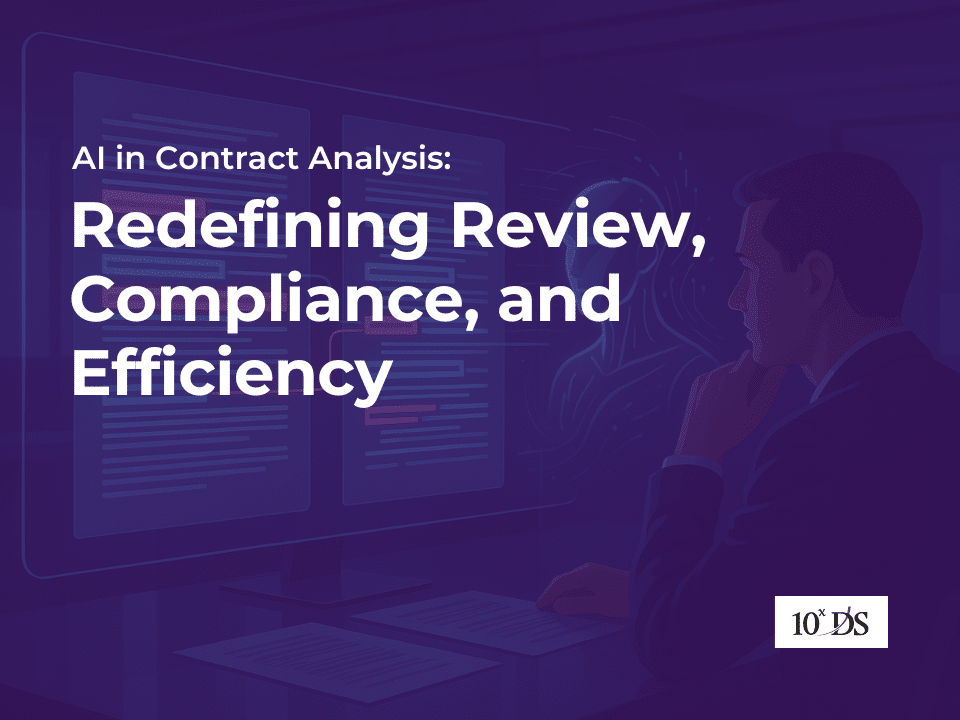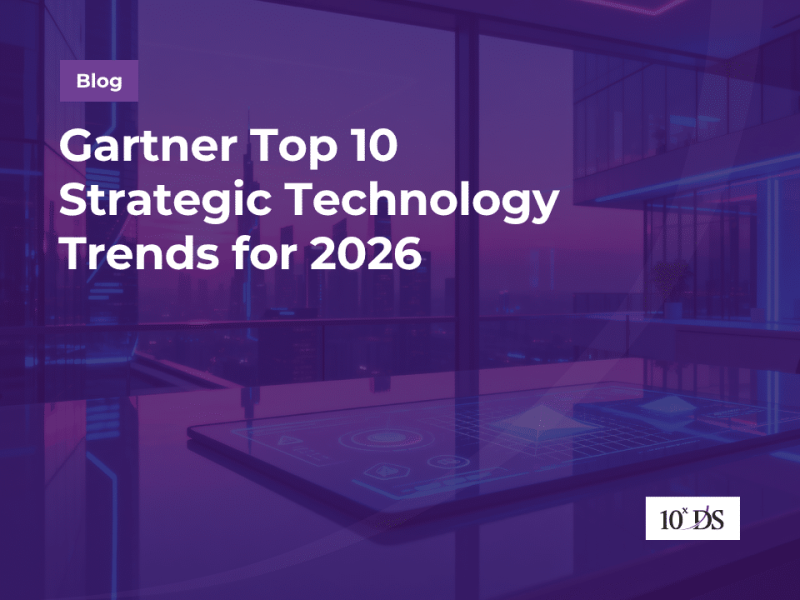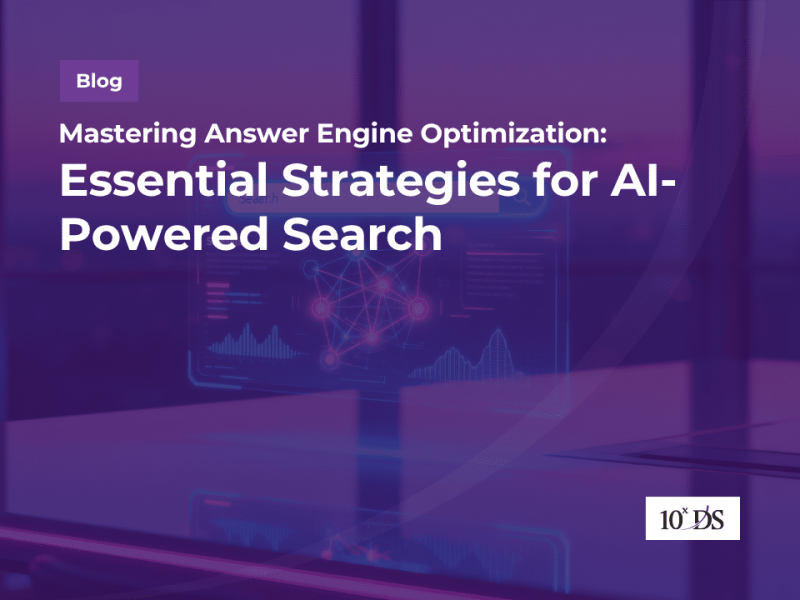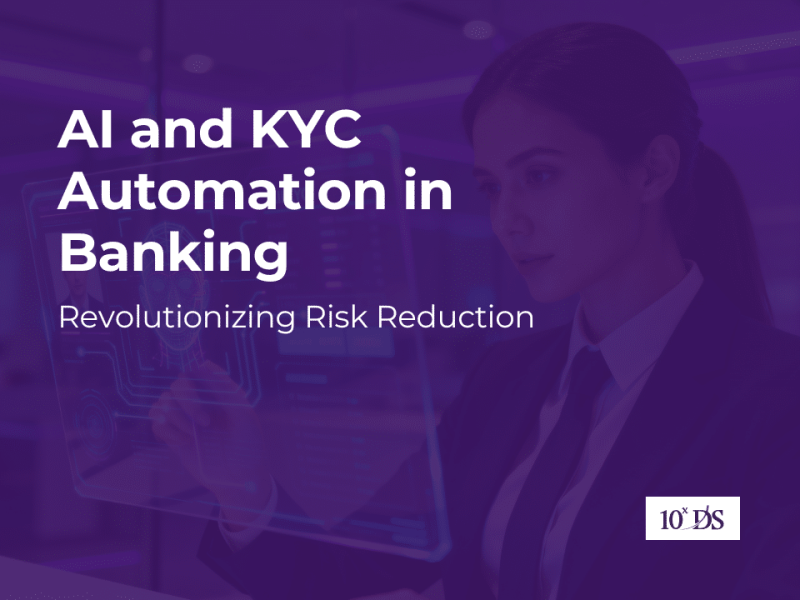
AI in Contract Analysis: Redefining Review, Compliance, and Efficiency
Contracts are the backbone of every business relationship, outlining obligations, rights, and expectations between parties. Yet, managing them effectively remains one of the most time-consuming and detail-heavy processes in modern organizations. From lengthy legal reviews to complex clause comparisons, teams often find themselves overwhelmed by the sheer volume and complexity of agreements they handle daily.
AI Agents are transforming how organizations handle this challenge. By combining advanced natural language processing (NLP) with intelligent automation, these agents not only read and understand contracts but also flag risks, suggest changes, and streamline the entire lifecycle of review and approval. Contract Analysis Automation is no longer a niche experiment — it’s becoming a key operational capability for enterprises looking to speed up deal cycles while reducing risk.
Why Contract Review Has Always Been a Bottleneck
The problem with traditional contract review is simple: it relies heavily on human attention and manual effort. Legal teams must read through lengthy documents, identify key clauses, compare them to company policies, and negotiate changes where needed.
While this process ensures accuracy, it also slows down business operations. Sales teams wait for approvals, procurement team waits for signoffs, and partnerships stall while contracts sit in review queues. The more contracts a business handles, the harder it becomes to maintain quality and consistency without extending timelines.
The Advent of AI Agents for Contract Analysis
AI Agents for Contract Analysis are designed to work like specialized legal assistants who never tire or miss a clause and can process dozens of contracts in the same amount of time as it takes a human to review one. Contracts are often written in complex, nuanced language, with terms that vary depending on the industry or jurisdiction. AI agents leverage deep learning models trained on vast amounts of legal language, enabling them to:
- Identify key terms, obligations, and risks instantly
- Compare clauses against standard templates or compliance rules
- Recommend alternative wording to align with company policy
- Flag missing or unusual terms that may require negotiation
Unlike simple keyword search tools, these AI agents understand context. They can interpret nuanced legal language, distinguish between similar but legally distinct phrases, and adapt to an organization’s specific guidelines. AI agents are trained on diverse datasets, enabling them to interpret legal terminology, recognize industry-specific clauses, and flag potential issues. For example, an AI agent can quickly identify a non-compete clause in an employment contract, compare it against standard legal benchmarks, and highlight any deviations that might pose a risk.
AI Agents are not limited to simple keyword searches. They can analyse the intent behind clauses, detect ambiguities, and suggest revisions to ensure clarity and compliance. This capability is particularly valuable in high-stakes contracts, where even minor oversights can lead to costly disputes. By automating these tasks, AI agents free up legal professionals to focus on higher-value activities, such as strategic decision-making and client consultations.
Contract Analysis Automation: From Reading to Reasoning
Contract Analysis Automation builds on the capabilities of AI agents by streamlining the entire workflow — from contract intake through to final approval.Instead of just highlighting important sections, automation enables:
- Automatic Categorization– Incoming contracts are instantly sorted by type, department, or priority.
- Clause Extraction – Relevant clauses are pulled out & displayed on an easy-to-read dashboard, enabling quick decision-making.
- Risk Scoring– Contracts are assessed for potential legal or financial risk based on predefined rules.
- Version Comparison – Changes between contract versions are identified, saving hours of line-by-line review.
- Integration with Workflows – Contracts move seamlessly between legal, sales, procurement, and compliance teams without manual handoffs.
By merging AI-driven analysis with automated workflows, businesses achieve both accuracy and speed — two qualities that rarely coexist in manual processes.
Use Cases Across Industries
AI Agents for Contract Analysis are highly versatile, making them applicable across a wide range of sectors, including:
- Finance– Reviewing loan agreements, investment contracts, and compliance documents quickly and accurately.
- Healthcare– Ensuring patient data agreements and vendor contracts align with regulatory requirements.
- Manufacturing – Managing supplier agreements, warranties, and licensing contracts without bottlenecks.
- Technology – Streamlining software licensing agreements and intellectual property clauses.
- Retail – Analysing vendor and distributor contracts to ensure favourable payment and delivery terms.
In each case, Contract Analysis Automation ensures that critical terms are not overlooked, compliance is maintained, and negotiations are based on clear, accurate information.
Challenges in Adopting Artificial Intelligence for Contract Analysis
While AI offers clear advantages in contract analysis, its implementation is not without hurdles. Organizations may encounter several key challenges along the way:
1. Data Quality and Consistency
AI tools rely on clean, standardized data to deliver accurate results. In reality, many organizations deal with varying contract formats, inconsistent terminology, and low-quality scans, making data preparation a significant hurdle.
2. System Integration
For AI to be effective, it must work seamlessly with existing contract management platforms, procurement systems, and other enterprise tools. Achieving this integration can be technically complex and require significant time and resources.
3. Adoption and Workforce Readiness
The toughest challenge is often human, not technical. New technology disrupts established processes, and teams may resist changes to familiar workflows. Ensuring smooth adoption requires effective training, clear communication, and a focus on easing the learning curve.
4. Cost and Value Measurement
Implementing AI can involve substantial upfront costs. While efficiency gains and reduced risks are clear benefits, quantifying the return on investment — especially for intangible improvements like compliance and risk reduction — can be difficult.
Adopting AI Contract Analysis Successfully
For organizations considering AI for Contract Analysis, success depends on three key factors:
- Clear Objectives– Define what you want to achieve, whether it’s faster turnaround, better risk detection, or improved compliance.
- Custom Policy Alignment– Ensure the AI is trained and configured according to your organization’s legal frameworks and standards.
- Change Management– Prepare teams for a collaborative approach where AI augments their expertise rather than replacing it.
According to Market.us Scoop’s Research, the AI in Contract Management System market was valued at approximately USD 359.6 million in 2023 and is projected to reach USD 3,987.4 million by 2033, growing at a 27.2% compound annual growth rate (CAGR).
When adopted thoughtfully, Contract Analysis Automation becomes more than a tool — it becomes a strategic capability that supports every department touched by contractual obligations.
Future Directions for AI in Contract Analysis
The rise of AI Agents for Contract Analysis marks a significant shift in the legal industry. As these technologies continue to evolve, their capabilities will only grow more sophisticated. Future advancements in AI, such as improved natural language understanding and deeper integration with other business systems, will further enhance the value of Contract Analysis Automation. For example, AI agents may soon be able to predict the outcomes of contract disputes based on historical data or provide real-time recommendations during negotiations.
The adoption of Contract Analysis Automation is not limited to large law firms or corporations. Small businesses, which often lack the resources to hire dedicated legal teams, can benefit immensely from AI-driven tools. By automating contract analysis, these businesses can access the same level of expertise as larger organizations enabling them to compete more effectively.
The integration of AI Agents into everyday legal workflows has broader implications for the industry. As automation becomes more prevalent, the role of legal professionals will shift toward more strategic, creative, and client-focused tasks. Rather than spending hours reviewing contracts, lawyers can dedicate their time to advising clients, developing business strategies, and addressing complex legal challenges. This evolution not only improves job satisfaction for legal professionals but also enhances the quality of service they provide to clients.
Conclusion: The New Standard for Contract Review
The days of treating contract review as a slow, manual process are fading. With AI Agents for Contract Analysis, businesses gain the ability to review, compare, and approve agreements with unprecedented speed and precision. Contract Analysis Automation ensures every contract is aligned with policy, compliant with regulation, and optimized for business value — all without sacrificing quality.
By combining AI efficiency with human judgment, organizations can turn contracts from static documents into dynamic assets that actively support growth, protect interests, and open new opportunities. The companies that embrace this approach now will not only save time and reduce risk but also gain a competitive edge in how they manage relationships and deals.
Talk to our experts to learn more.


